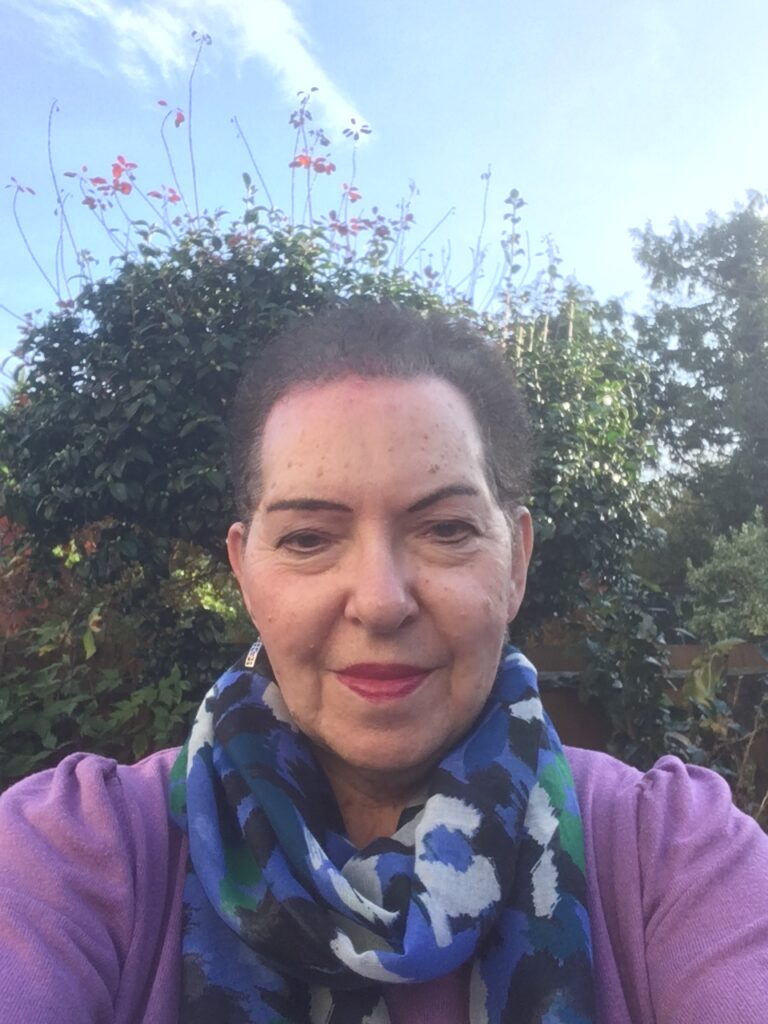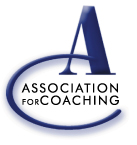Assertiveness is a powerful communication tool based in equality and respect for yourself and for others. Life Coaching will help you become more assertive and enable you to behave & communicate more confidently in your personal & professional relationships, aiming at win-win solutions & enhancing your self-esteem. “The way we communicate with others and with ourselves ultimately determines the quality of our lives.” (Anthony Robbins)
What are the four behaviours?
The first step towards greater assertiveness is increasing awareness of your current behaviours and how they impact on others. How passive, aggressive, passive-aggressive (indirect and manipulative) are you, or are you a mix? Do you already have some assertive qualities?
Assertiveness is based in the concept that you can ask others to change their behaviour, and some will change in response, but you can’t force them. The one behaviour you can definitely change, if you choose to, is your own. By using more confident language and body language, others are more likely to respond positively towards you. in contrast, aggression means demanding not asking, telling others what they should do and how they should be, rather than asking, listening and discussing assertively.
Five simple tips about asking assertively
- Be clear about what you want before you ask for it
- Avoid apologizing (eg saying “sorry to ask”)
- Be confident – don’t use tentative phrases like “Could you possibly…?”
- Keep it short, simple & to the point
- Sound positive & expect to get “Yes” for an answer
Five simple things to avoid when you want to say “No”
- Making excuses, such as “I’m Skyping with friends” when you’re not – you may get found out
- Saying “I don’t mind” when you do mind – & giving a confusing message
- Saying “Yes” because you feel bad about saying “No”, then sabotaging & not doing what you agreed to
- Saying “Yes” when you mean “No”, then stressing all week about how to get out of it
- Saying “No” at first, then retracting & saying “Yes”, because you feel guilty
Assertiveness skills help you say “No” confidently, politely, respectfully and effectively.
Do I have the right to be assertive?
Assertiveness is underpinned by a Charter of Personal Rights to empower and encourage you to believe in your right to assert yourself. Here is the first of these rights: I have the right to be treated with respect as an equal human being whatever my perceived role or status in life. Other personal rights include your right to ask and your right to refuse, while also treating the other person with respect.




